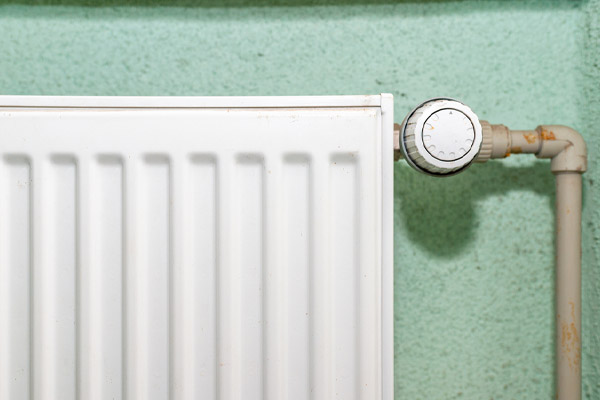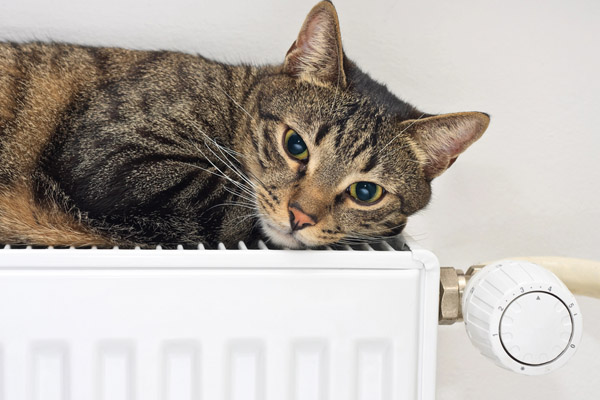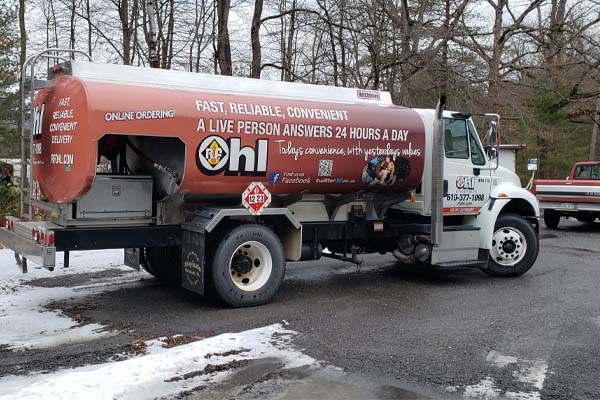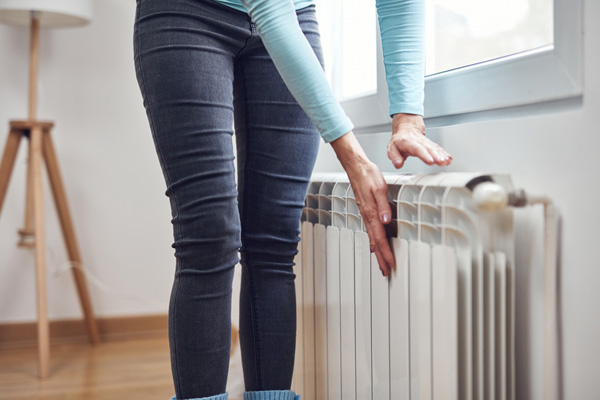Decoding the Mechanics of Your Heating Oil System: A Guide to Hot Water Radiator Functionality

Heating solutions form the foundation of a pleasant and cozy home life, especially during the chillier months. As the quest for more efficient and effective heating options intensifies, hydronic heating systems, especially those that use heating oil, have risen to prominence. This article explores heating systems’ critical role in ensuring comfortable indoor settings. We’ll focus on hydronic heating systems, with a particular emphasis on the hot water radiator. We’ll delve into how they work, their advantages, and the cutting-edge methods they employ to provide superior warmth and energy efficiency in contemporary homes.
Fundamentals of Hot Water Radiators
Hydronic heating systems, or hot-water heating systems, utilize water as the heat-transfer medium to spread warmth evenly across an area. These systems function by warming water within a central boiler. This heated water is then circulated through an extensive system of pipes and radiators, efficiently emitting heat into the surrounding space.
Radiators boast a rich past that traces back to the 19th century, marking a significant shift in indoor heating methods. Initially, steam radiators were the standard, but as technology and needs evolved, hot-water radiators became the preferred choice. This shift was primarily due to their superior ability to distribute heat in a more controlled and efficient manner.
Hot-water radiators, typically compact in design, are constructed from materials like cast iron, steel, or aluminum. Their structure includes an array of tubes or fins through which heated water circulates. As this water flows, it releases radiant heat into the environment. This process heats the nearby air, drawing cooler air from below. This creates a convection loop where the warm air ascends and circulates, leading to a steady and pleasant warming effect throughout the area.
The Science Behind Hot Water Radiators

Hot water radiators work based on the concepts of convection and radiant heat transfer. Water heated in a central boiler is circulated through pipes to the radiators, releasing heat into rooms. Once the water cools down, it flows back to the boiler to be reheated. This cycle makes it an exceptionally efficient method for heating homes or buildings.
Heat Transfer Mechanics
In a hot water radiator, the heated water transfers its warmth to the metal exterior, enabling the radiator to emit heat into the air around it. This process warms the air, which then rises, forming a convection current. This current circulates the warm air, effectively spreading heat throughout the space.
Fueling Your Hydronic System with Heating Oil

Heating oil, also referred to as fuel oil, is a vital liquid petroleum product used in hydronic heating systems. As a byproduct of crude oil, it’s valued for its versatility and efficiency, particularly its capacity to deliver steady and consistent heating. Stored in specialized tanks, this oil is supplied to the boiler, where it undergoes combustion, powering the entire heating system.
The heating oil is combusted in the boiler within a hydronic system, generating high-temperature flames. This generated heat is conveyed to a heat exchanger that heats the water circulating through the system. This hot water is then propelled through pipes leading to the radiators, effectively releasing heat into the surrounding environment.
As the water within the radiators emits heat, it cools and becomes denser. This cooler water then returns to the boiler to be reheated. The system includes a pump that facilitates the circulation of this heated water from the boiler to the radiators and back, forming a continuous loop. This process ensures uniform heat distribution throughout the space.
Essentially, the burning of heating oil initiates a sequence of events leading to the consistent circulation of heated water through the radiators in a hydronic system.
Advantages of Using Heating Oil and Hot Water Radiators in Hydronic Systems
Heating oil and hot water radiators in hydronic systems come with several benefits, particularly in terms of energy efficiency:
- Optimized Energy Utilization: These systems excel in energy efficiency. They effectively transfer heat generated from the combustion of heating oil directly to the water. This approach ensures a substantial amount of the energy produced is directly employed for heating, thereby reducing energy waste.
- Cost-Efficiency: Compared to other heating techniques, heating oil radiators are often more cost-effective. This is particularly the case in areas where heating oil prices are competitive. Their efficient heat transfer capabilities and the capacity to control distinct heating zones significantly reduce overall heating costs.
- Uniform and Comfortable Heat Spread: Hydronic systems equipped with heating oil radiators ensure consistent and evenly distributed heat. The radiant heat from the radiators gently warms the objects and surfaces within a room, creating a comfortable and inviting living space.
- Environmental Consideration: Recent developments in heating oil technology have resulted in cleaner-burning options that significantly lower emissions. Although it’s essential to be mindful of environmental impacts, contemporary heating oil systems are designed to reduce their ecological footprint.
Maintaining and Troubleshooting Heating Oil Hydronic Systems

- Regular Inspections: It’s crucial to routinely inspect radiators for signs of leaks, corrosion, or damaged fins. Addressing these issues swiftly ensures efficient heat transfer and system longevity.
- Bleeding Air: To maintain optimal water circulation and prevent cold spots, periodically bleed air from the radiators.
- Regular Cleaning: Keeping radiators free of dust and debris is essential for promoting efficient heat emission
Troubleshooting Common Problems in Heating Oil Systems
- Lack of Heat: First, ensure the thermostat is set correctly and the boiler is on. Also, check if there’s sufficient heating oil in the tank.
- Inadequate Heat: Confirm the thermostat settings are correct. Make sure the radiators are fully bled of air. If issues persist, consider having the boiler serviced.
- Leaks: Look for any visible leaks within the system. Address these leaks promptly to avoid further complications.
- Noisy Operation: Unusual sounds may signal air trapped in the system or other mechanical issues. Try bleeding the radiators, and if the problem continues, seek professional assistance.
In Conclusion
Heating oil radiators within hydronic systems present a harmonious blend of technological innovation and scientific principles, delivering efficient warmth. Their capability to distribute heat evenly, combined with their energy efficiency and cost-effectiveness, positions them as an attractive option for achieving comfortable indoor environments. Properly maintaining these systems ensures effective heating and fosters a cozy and environmentally sustainable living space.
For All Home Heating Needs, Give R.F. Ohl A Call

R.F. Ohl is a reputable HVAC company, as well as a discount supplier of heating oil in northeastern Pennsylvania. You’ll find that we offer competitively priced heating oil that’s very affordable. At R.F. Ohl, our goal is to provide products and services designed to meet the needs of each client. When you choose us for your home heating oil needs, you’ll get on-time and accurate deliveries with the best available prices for heating oil.
As mentioned, R.F. Ohl also has technicians on their staff who are professionally certified to address any HVAC needs you might have. Our professionals bring the skills, experience, and training needed to ensure reliable and accurate service. From installation and repairs to maintenance and tune-ups, R.F. Ohl offers affordable prices and superior HVAC solutions. Give us a call now and get more information regarding the products and services we offer.
Call us today to learn more. Click here or call us at (610) 377-1098 to contact us today! Click the link to view our service area.
Related Articles:
Posted in Heating Oil • Tags:
